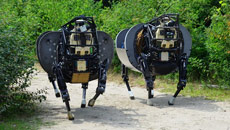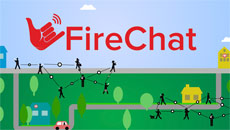If you have a pacemaker, you may no longer have to go under the knife every ten years just to replace the battery as researchers have now developed a chemistry that could extend battery life beyond what was earlier thought possible.
“What if a battery could last 30 to 50 years? Our fundamental research is opening up that possibility through a new design mechanism,” said Chengdu Liang of Oak Ridge National Laboratory in the US.
When the researchers incorporated a solid lithium thiophosphate electrolyte into a lithium-carbon fluoride battery, the device generated a 26 percent higher capacity than what would be its theoretical maximum if each component acted independently.
They challenged a long-held assumption that a battery’s three main components -- the positive cathode, negative anode and ion-conducting electrolyte -- can play only one role in the device.
The electrolyte in the team’s new battery design has dual functions: it serves not only as an ion conductor but also as a cathode supplement.
This cooperative chemistry, enabled by the use of solid electrolyte, delivers an extra boost to the battery’s capacity and extends the lifespan of the device.
“As the battery discharges, it generates a lithium fluoride salt that further catalyses the electrochemical activity of the electrolyte,” Liang said.
This relationship converts the electrolyte -- conventionally an inactive component in capacity -- to an active one, he conceded.
The improvement in capacity could translate into years or even decades of extra life, depending on how the battery is engineered and used.
The study appeared in the Journal of the American Chemical Society.





